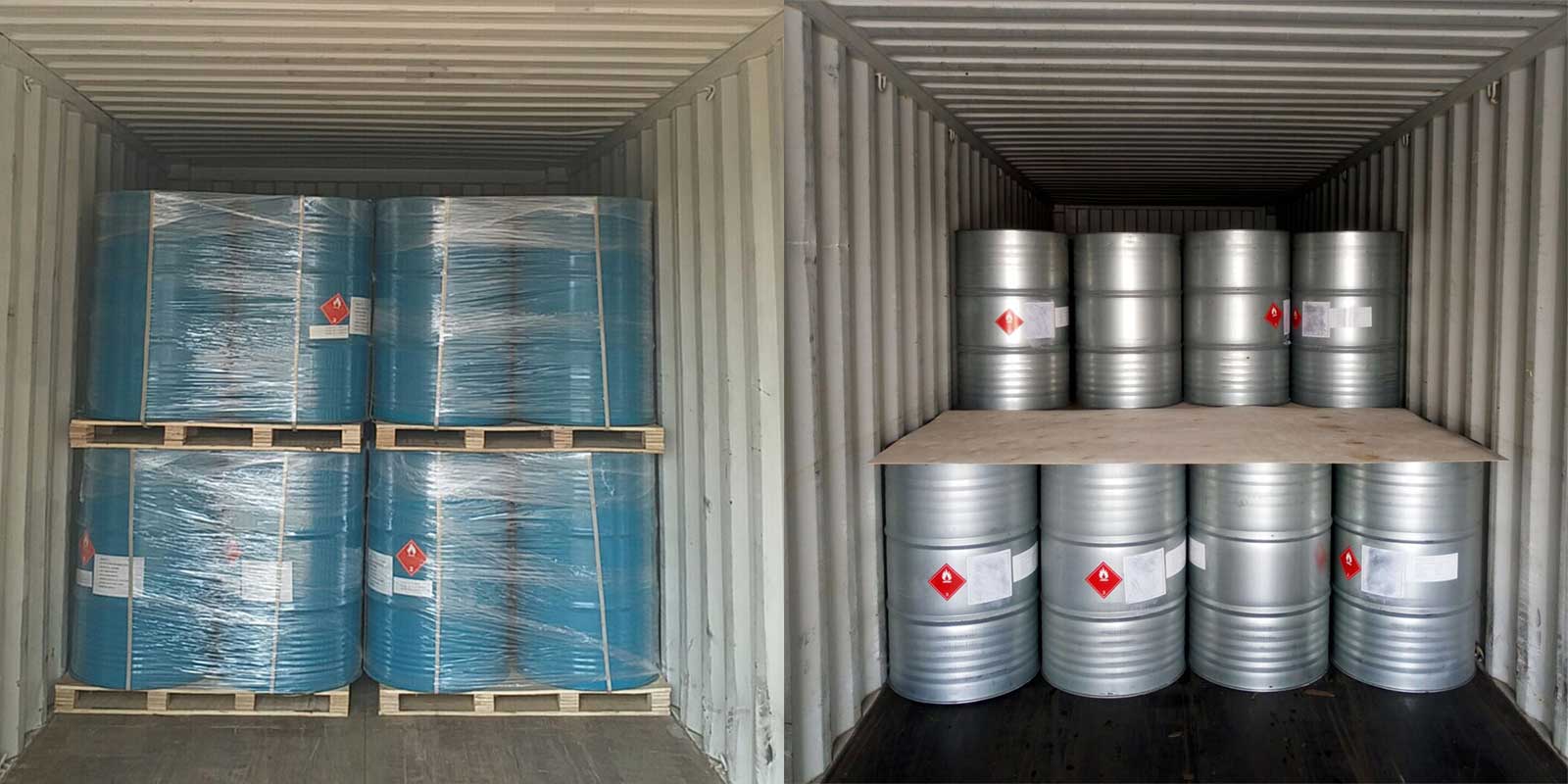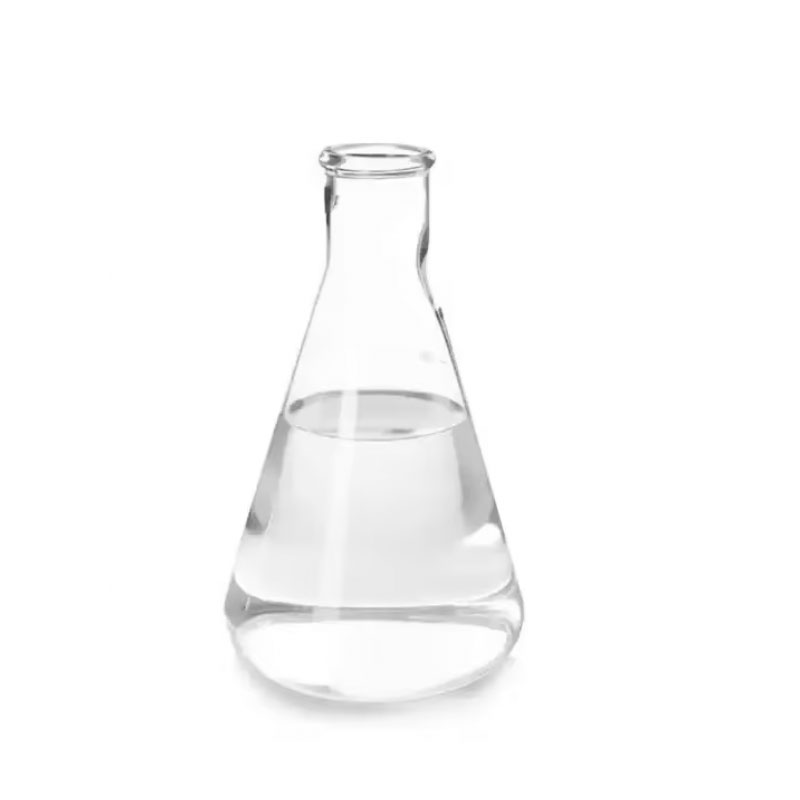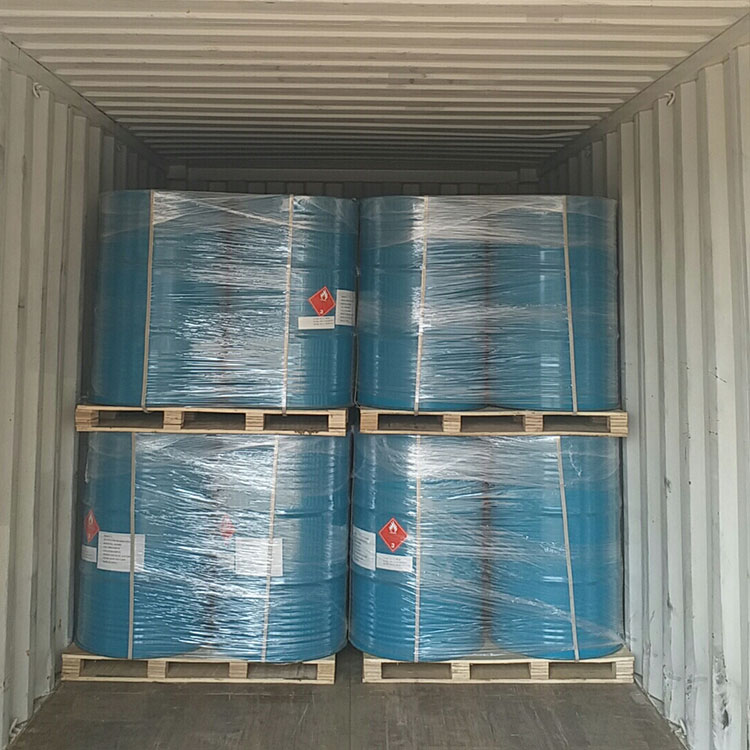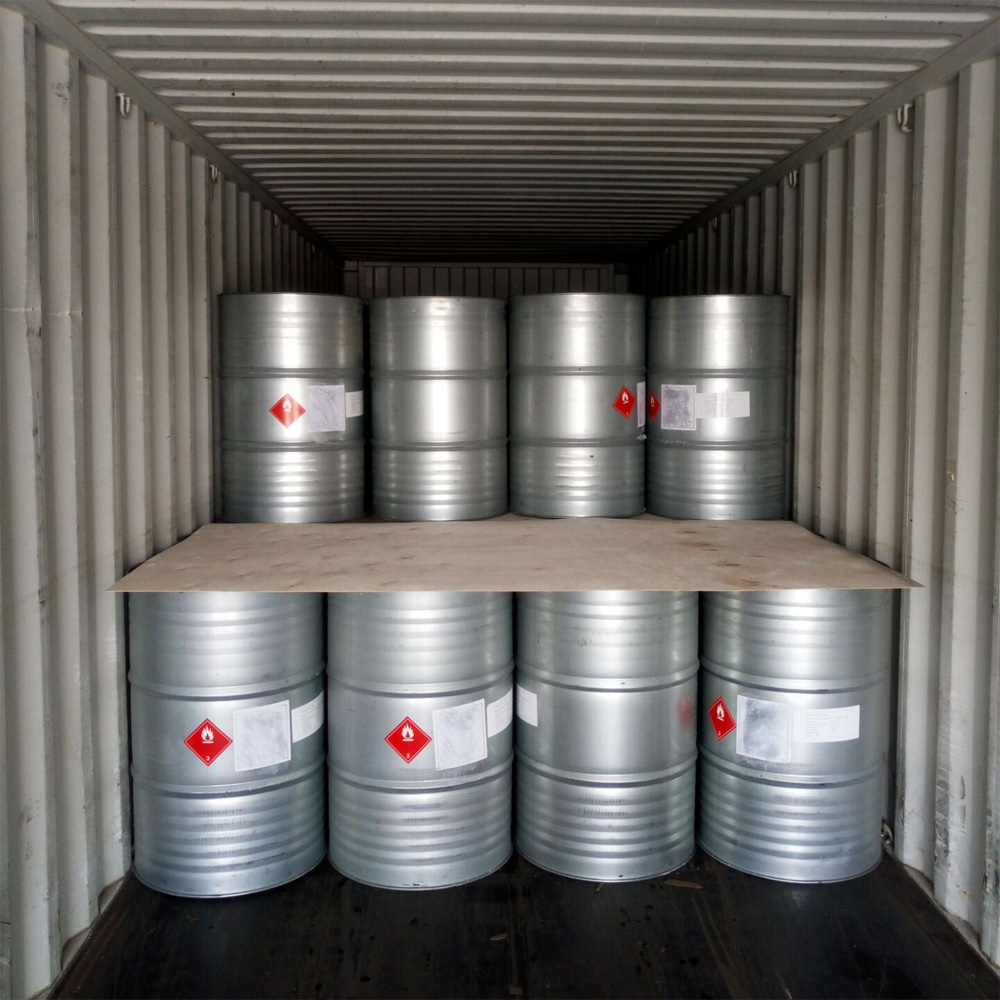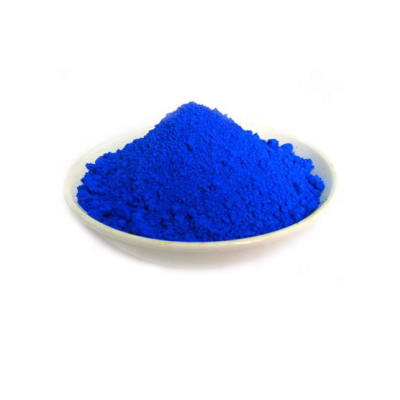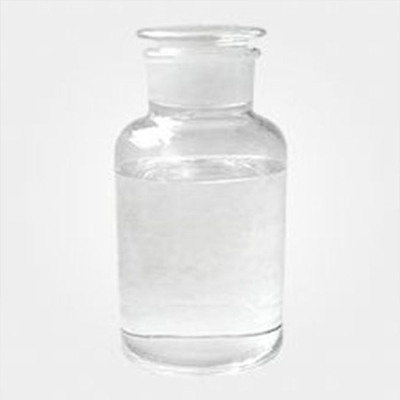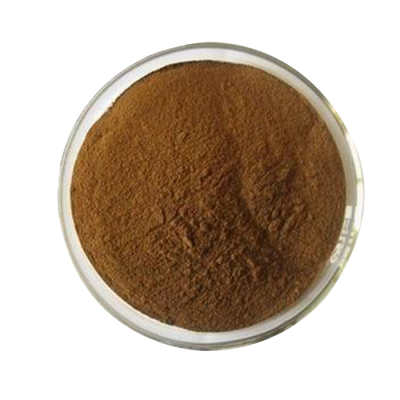Methyl Palmitate CAS# 112-39-0
Methyl Palmitate CAS# 112-39-0 Promotion Season Now in Store and Free Sample for Testing with Factory Price
Chemical Name:Methyl Palmitate
CAS No.: 112-39-0
Molecular Formula:C17H34O2
Molecular weight:270.45
Sample: Available
Mode of Transportation
1. By Air, fast but expensive.
2. By Sea, usual and economy.
3. By Train, suit for middle Asia countries.
4. By Express, suit for small package.
We only provide highest quality goods available, accompanied by after support!
Methyl Palmitate CAS# 112-39-0
Methyl Palmitate is a fatty acid ester essential oil that naturally occurs in many plant species. Methyl Palmitate concentration in cells are known to be modulated by methanol. In experimental studies with isolated Kupffer cells, Methyl palmitate exhibited inhibitory activity towards phagocytosis and decreases cell viability.
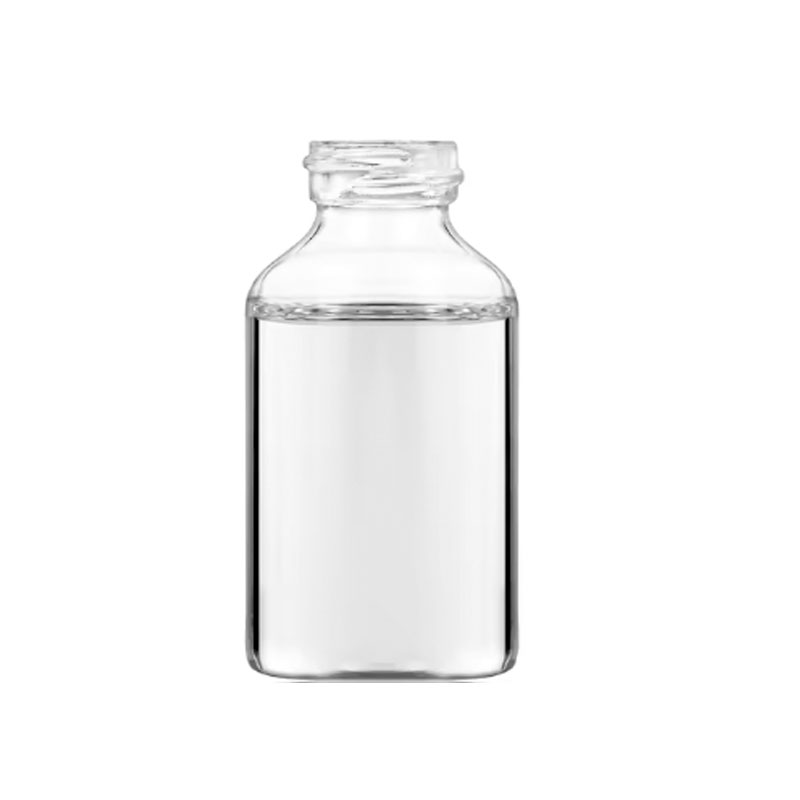
Methyl palmitate Chemical Properties |
Melting point | 32-35 °C (lit.) |
Boiling point | 185 °C/10 mmHg (lit.) |
density | 0.852 g/mL at 25 °C (lit.) |
vapor pressure | 0.008Pa at 25℃ |
refractive index | n |
Fp | >230 °F |
storage temp. | 2-8°C |
solubility | Chloroform (Sparingly), Methanol (Slightly) |
form | Liquid or Low Melting Solid |
Specific Gravity | 0.852 |
color | Clear colorless |
Odor | at 100.00 %. oily waxy fatty orris |
Odor Type | waxy |
biological source | plant (palm) |
Water Solubility | INSOLUBLE |
BRN | 1780973 |
LogP | 7.38 at 36℃ |
CAS DataBase Reference | 112-39-0(CAS DataBase Reference) |
NIST Chemistry Reference | Hexadecanoic acid, methyl ester(112-39-0) |
EPA Substance Registry System | Methyl palmitate (112-39-0) |
Safety Information |
Safety Statements | 22-24/25 |
WGK Germany | 1 |
TSCA | Yes |
HS Code | 29157090 |
Hazardous Substances Data | 112-39-0(Hazardous Substances Data) |
Product Usage
Methyl palmitate is used in the preparation of detergents, emulsifiers, wetting agents, stabilizers, resins, lubricants, plasticizers and animal feeds. It exhibits an anti-inflammatory and anti-fibrotic agent and prevents bleomycin-induced lung inflammation and fibrosis in rats. In addition, it also prevents carbon tetrachloride-induced liver fibrosis linked to reduce transforming growth factor beta, which is a secreted protein that controls proliferation, cellular differentiation and other functions in most cells.
Factory and Equipment Show
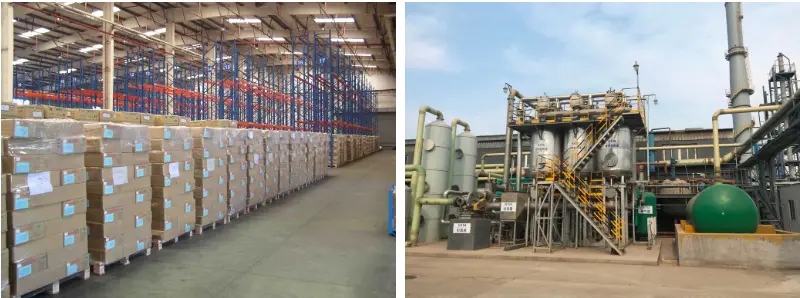

Fast transport time
Inventory 2-3 working days New manufacturing 7-10 working days
